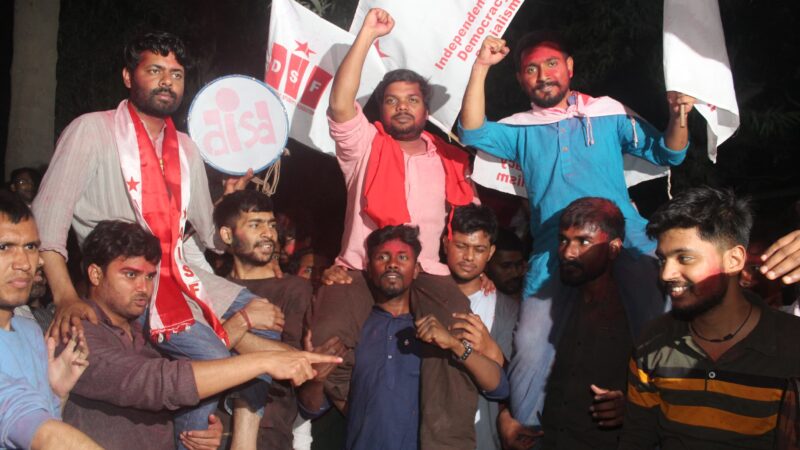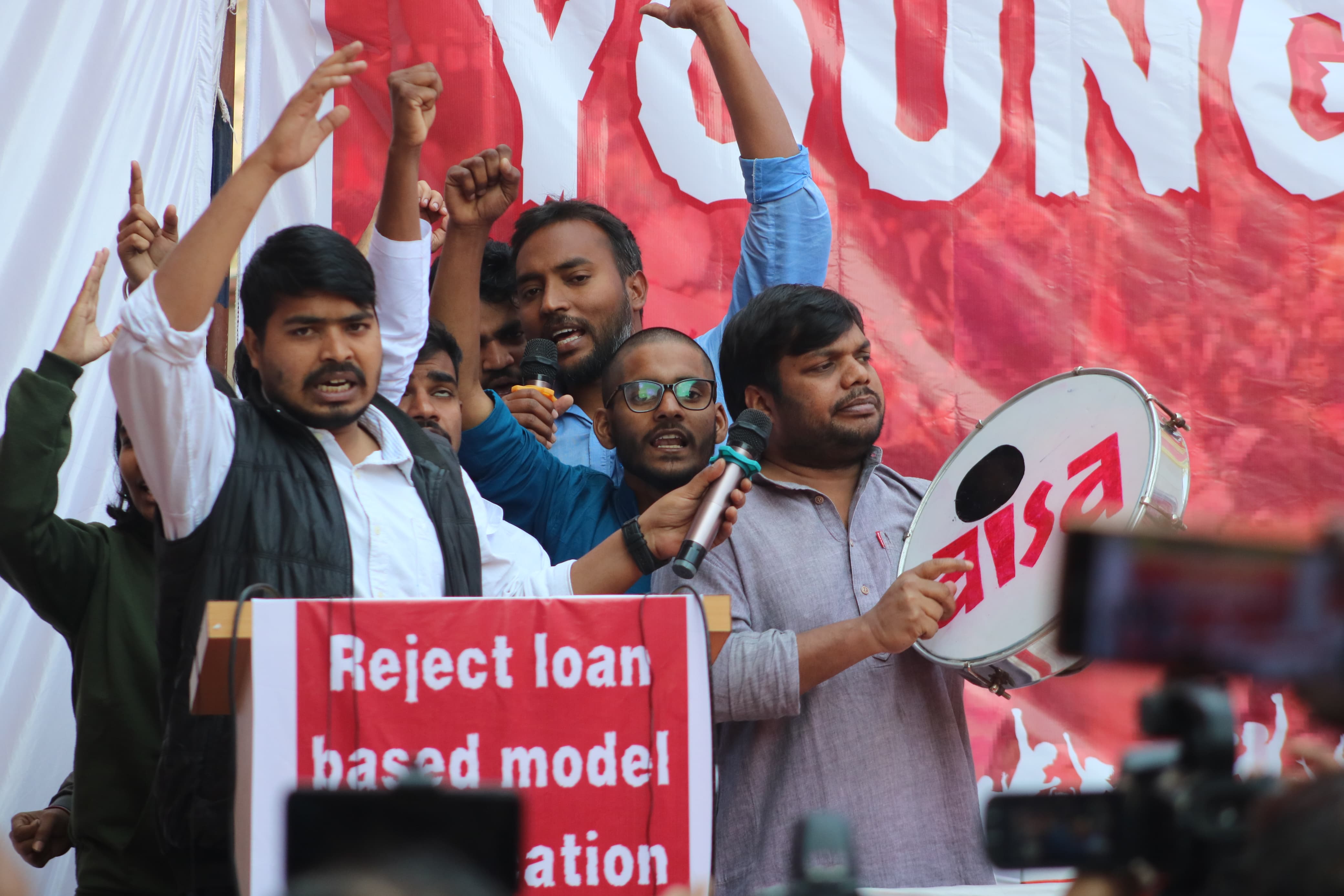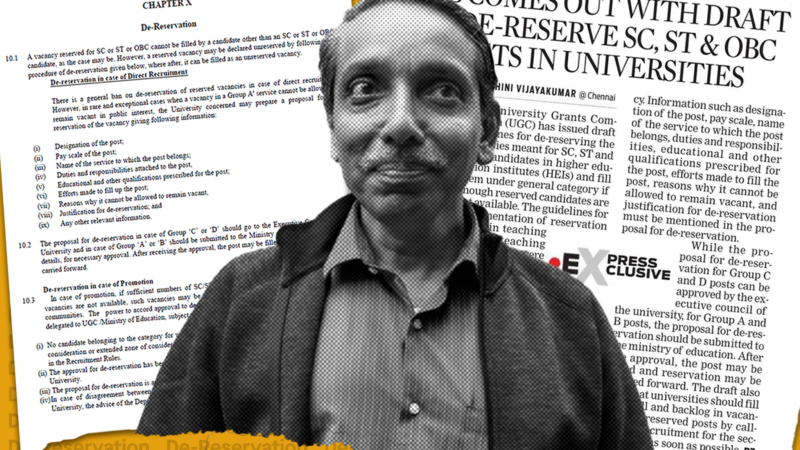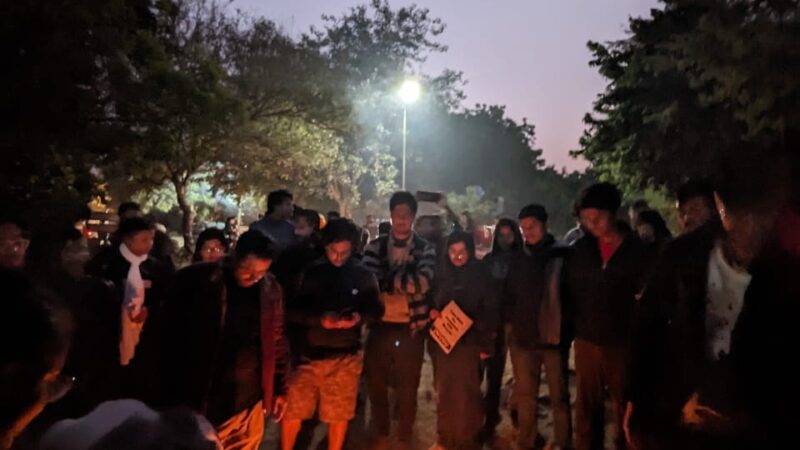NMP: All out sale of public properties

In August 2021, the BJP-led Union government launched the National Monetisation Pipeline (NMP) which was developed by NITI Aayog in consultation with the infrastructure ministries. Over the four-year period from FY 2022 to FY 2025, the NMP estimates an earning potential of Rs 6 lakh crore from the monetisation of core assets of the Central Government. The top 5 sectors which are estimated to capture ~83% of the pipeline value are Roads (27%), Power (15%), Oil and gas pipelines (8%) and Telecom (6%).
These assets are to be monetised only in terms of their ‘rights’ and not their ‘ownership’. According to the government, the assets to be monetised have been underutilised and at the same time it has been “de-risked” from execution risks. In return, the government would take an upfront payment from the private players or get a revenue share out of the operation. However, there is no clarity on how this revenue will actually be used. There is a genuine fear that as these core assets will be managed by private companies, there will be a drastic rise of unemployment and unfavourable labour conditions. The decrease in government jobs would in turn take away the reservations meant for socially deprived sections of the society and push people into the precarity of the private job market which is exclusionary towards many social classes.
The biggest fear regarding the NMP will be the meteoric rise of monopolies and price rise. If we take a look at the telecom or power sectors, there are only a handful of private players who would be interested in leasing out or managing the public assets. In such a case, there are no measures in place within NMP to prevent monopolisation or to regulate the prices. As always is the case with this regime’s economic policies, it would be the end-consumer who would have to bear the burden of incurring increasing costs. Further, there are no regulations to check the depreciation of the assets when they are to be transferred back to the government at the end of transfer period. In the past, there have been many instances of infrastructures such as roads being managed by public-private partnerships (PPPs) which has caused unrest among the local populations because of the increasing costs they have had to incur. How the private involvement in these to-be monetised assets, especially in the Power and Oil & Gas sector, will affect the local populations and the informal labour market is yet another area of concern. The private companies’ exploitation of informal labour, especially of those coming from a socially marginalised background, is something the nation has witnessed time and again. Despite all these concerns, the present government continues to come up with plans that will generate more wealth for the wealthiest of the country and further exacerbate the economic inequality in the nation. A well-informed and sustained resistance, in the likes of the successful farmers’ protest, is the need of the hour to prevent the corporate takeover of public assets.
– Article by Haleem





